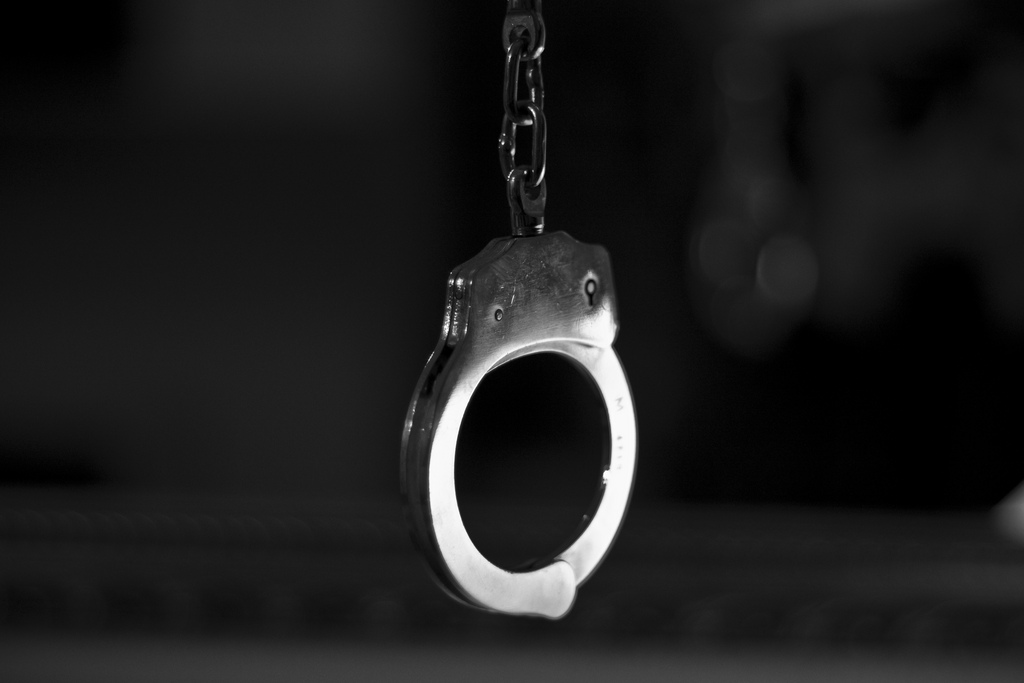 Whether you’re here in Rock County or elsewhere in Wisconsin, being charged with your third OWI is classified as a misdemeanor rather than a felony.
Whether you’re here in Rock County or elsewhere in Wisconsin, being charged with your third OWI is classified as a misdemeanor rather than a felony.
OWI laws here in Wisconsin can get slightly confusing when figuring out “how many” OWI’s you have.
How do I know if my most recent OWI counts as a third offense OWI in Wisconsin?
Here’s a brief explanation of Wisconsin’s OWI counting rules:
A first offense OWI conviction counts toward a second offense OWI for up to ten years after the first conviction. In other words, if someone was convicted of their first OWI last year and convicted again this year, this year’s conviction would be treated as a second offense OWI.
However, if the first conviction occurred longer then ten years ago, the second OWI would actually be treated as another first-offense OWI.
The same “ten-year” rule does not apply when you’re convicted of a third OWI. No matter how much time elapsed between your first and second OWI’s, receiving a third OWI conviction in Beloit or anywhere else in the state looks back throughout your entire life to “count” prior convictions.
Controlled substances and third offense OWI in Wisconsin
It’s very important to remember that “Operating While Intoxicated” doesn’t just include alcohol. In Wisconsin, a driver can be deemed intoxicated if they’re found to be operating a vehicle with any detectible about of a controlled substance in their system.
Whether it’s an illegal drug like marijuana, or a prescription drug like Ambien or another kind of sleep aid, all controlled substances can legally classify a driver as intoxicated.
What are the punishments of a third offense OWI in Wisconsin?
While other factors in your case can greatly affect the consequences that come with a conviction, third offense OWI in Wisconsin is punishable by the following:
- 45 days to one year in prison
- A fine of $600 – $8,000
- Revocation of your drivers license from anywhere between 24 to 36 months
- AODA assessments
- Court-ordered installation of an ignition interlock device (IID)
- Issuing of a driver’s safety plan
- Any additional court costs
Other penalties and fines can be ordered by the judge can include surcharges for any blood testing you underwent and increased penalties if the concentration of alcohol in your blood was excessive.
How do related charges factor into the penalties?
The penalties listed above pertain to cases where third offense OWI was the only charge being brought against you. If you happen to injure someone, are shown to have been driving with a minor in the vehicle, committed the offense in another jurisdiction, or have other additional factors playing into your case, these can affect the penalties you face.
Click here for a more complete chart of specific penalties for related charges.
Between a variety fines, court costs, assessments, ignition interlock device installation, and the costs of losing work time, etc., those who are convicted of third offense OWI in Wisconsin can expect to pay upwards of thousands of dollars.
On top of these costs, Wisconsin also mandates a particular type of auto insurance for drivers convicted of OWI called the SR-22.
What is SR-22 insurance?
In short, it’s a liability insurance document required by many states (including Wisconsin) for high-risk insurance policies. You’ll be required to maintain this policy if you intend of obtaining an occupational license to get back and forth to work during the period of your revocation.
This, plus higher auto insurance rates can put immense strain on your finances years after your conviction, one of the key reasons why contacting an experienced DUI lawyer in Beloit is essential to defending yourself.
It’s not uncommon for law enforcement to issue an Administrative Suspension Notice shortly after your arrest. This means that unless you or your attorney files the proper notice with the Wisconsin DoT within ten days, your license will automatically be suspended for six months. To avoid this, you must take action weeks before your court date.
Successful OWI/DUI defenses start early. If you’ve been arrested and/or charged with OWI in Wisconsin, contact the Fitzgerald Law Firm for a free consultation so we begin helping you craft an effective defense. We recognize that not everyone is capable of meeting during traditional business hours—let us know a time that’s convenient and we’ll do our best to accommodate you.
Photo credit: Rubén Díaz







